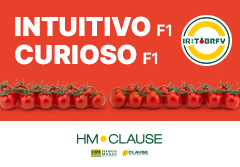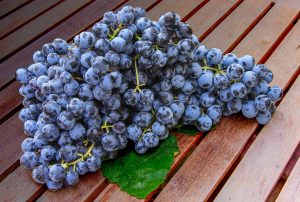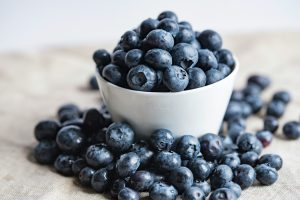In September, we have found out about two new movements: the Valencian cooperatives Camp de Llutxent-Otos and Vitivinícola La Pobla reached an agreement for their integration. On the other hand, the historical cooperative San Alfonso de Castellón and the Clasol group also agreed on their merger.
At their respective General Meetings on Wednesday, the 5th of September, the Valencian cooperatives Camp de Llutxent-Otos and Vitivinícola La Pobla (La Pobla del Duc), both members of Anecoop, approved their integration with an extensive majority, in total exceeding 90% of votes in favour.
The aim is to continue growing in an efficient way through the concentration of produce volume and diversification of the range, in addition to optimising the use of the warehouses and reducing costs. Thanks to this operation, the new organisation, a second-degree cooperative that will be called Univall Coop. V. and that will have its head offices in Llutxent, will start managing between 30 and 32 million kilos of fruit next season. The largest part of the produce corresponds to citrus fruit, between 18 and 20 million kilos, which will be worked on in the Llutxent-Otos warehouse. The handling installations in La Pobla will specialise in persimmons, stone fruit and other fruit and vegetables, such as watermelons, which together make up around 12 million kilos.
This agreement has occurred almost simultaneously with the formalisation of the integration of the cooperative Cristo del Milagro de La Llosa de Ranes into the Llutxent-Otos cooperative, after the close collaboration established between the two over this last campaign with the stone fruit from the La Llosa organisation being handled in the Llutxent warehouse.
The chairmen of the Camp de Llutxent-Otos and Vitivinícola La Pobla cooperatives, Juan Canet Canet and Blas García Climent, have shown their satisfaction with the formalisation of this agreement, affirming that “the future of cooperatives involves integration to gain in competitiveness and being able to tackle the demands in better conditions of a market that is continuously setting forth challenges to our sector.” The chairman of Anecoop, Alejandro Monzón, congratulated the cooperatives for taking this important step, indicating that “for Anecoop this is a key growth strategy for our associates that we have been promoting for some time.”
Merger of San Alfonso and the Clasol Group
Another of the mergers involves the Clasol Group and the San Alfonso Cooperative. The two operators intend to be pioneers in designing a business model focused on small and medium-sized farms.
The new alliance will concentrate its innovative business model on the production of citrus fruit and stone fruit. This new organisation has four preparation centres located around the Mediterranean, 2,500 production hectares and over 2,000 employees.
The result of the integration is an operator in the fruit and vegetable growing sector with 100% Valencian capital, integrated vertically from source to destination (crop, processing, marketing and transport). The commercial strategy will be aimed at food chains, with an invoicing budget for the 2023/2024 campaign of over 120 million euros and supplying over 30 countries.
Emilio Balaguer, Chairman of the San Alfonso Cooperative, affirms that “cooperatives are getting left in no-man’s land and they must continue to reinvent themselves. This integration will allow us to stand up to the challenges we are faced with: an increase in own-produced fruit, variety conversion and investment in modernisation of warehouses.”
César Claramonte, CEO of the Clasol Group, asserts that “we are creating a pioneer, independent business model to defend the interests of the small local farmers (currently, 800 families), as well as an alternative economic feasibility plan for cases where there is no generational replacement and/or smaller cooperatives. Our idea is to be a benchmark platform for the integration of a project managed by farmers.”
The new business group plans to make important investments in its preparation and handling centres, as well as in its crops, mainly aimed at variety changes to have produce in the greatest demand on the market available at a competitive price.
César Claramonte concludes “we have an ambitious 5-year business plan that will allow us to become large enough to supply the clients on equal terms with the large fruit and vegetable growing groups already existing, formed by investment funds maintaining their independence and interest in the service of farming.”




















